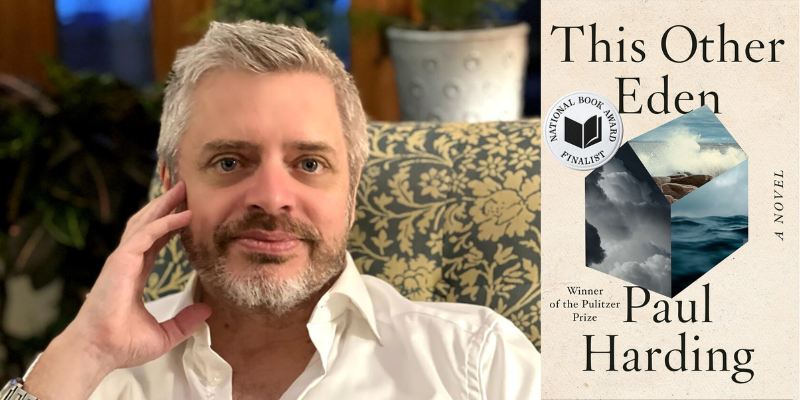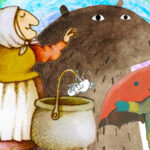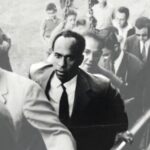Paul Harding on Receiving Gifts from the Universe
In Conversation with Mitzi Rapkin on the First Draft Podcast
First Draft: A Dialogue of Writing is a weekly show featuring in-depth interviews with fiction, nonfiction, essay writers, and poets, highlighting the voices of writers as they discuss their work, their craft, and the literary arts. Hosted by Mitzi Rapkin, First Draft celebrates creative writing and the individuals who are dedicated to bringing their carefully chosen words to print as well as the impact writers have on the world we live in.
In this episode, Mitzi talks to Paul Harding about his new book, This Other Eden.
Subscribe and download the episode, wherever you get your podcasts!
From the episode:
Mitzi Rapkin: What do you make of these, I guess gifts from the universe, I don’t know what you would call it, when all of a sudden you’re Googling something and then it turns out there’s a reference to that thing in Maine, and you’ve been writing about Maine for your whole writing career, and all these things coalesce and they are sort of gifts from the universe. How do you explain that? And then, how do you teach something like that as a writing teacher?
Paul Harding: Yeah, well, so I do experience them as sort of gifts, you know, that idea that if you tune yourself in, you’ll get a signal kind of. But you have to be careful. One of the things I always teach is, don’t mystify things that are actually not mysteries, because that’s something writers love to do. They like to put that sheen of mystery, on things but there are true mysteries in our human experience, and what will make them more compelling as mysteries is if they are placed within the context of things that are not mysterious, that are very clear, and that you can write about them. They’re very material, they’re concrete, they’re literal. And then these mysterious things become more figurative, and more experiential, and more subjective. So, one of the things about these gifts from the universe is you can’t explain them, they do not occur within a realm in which explanation is available. This is how I teach a lot of writing, is that, again, you experiment with the idea that if you’re writing about the most profound human experiences, you are in the realm of mystery, there’s a certain point at which you step over and beyond the threshold of the realm or whatever, where explanation is even a possibility. I always feel like there’s a point at which I’ve passed a boundary where any impulse towards anything like explanation is the equivalent of just explaining something away, or it’s doing violence to the characters or doing violence to the reader, you know, because if you bring the reader along, and you’re standing sort of shoulder to shoulder and you just basically say to the reader, look where I got to with this, I think this is pretty astonishing. You know the art has brought me somewhere that feels like it’s true, and it’s beautiful, to paraphrase Keats, then the way to just destroy that experience for the reader is then to tell them what they should make of what you brought them. So, it’s just descriptive, you keep describing it, since it is character based, I just keep thinking, you’re asking the characters, what is it like, what is it like, what is it like? Just describe for me what it is like and then you get into their point of view. The idea of just giving the reader and giving yourself and especially the characters when you’re in there with them, the courtesy and the respect of accounting for their own experiences of these mysterious visitations or whatever it is.
***
Paul Harding is the author of Tinkers, winner of the Pulitzer Prize, and Enon. He is director of the MFA in Creative Writing & Literature at Stony Brook University, and lives on Long Island, New York.




















